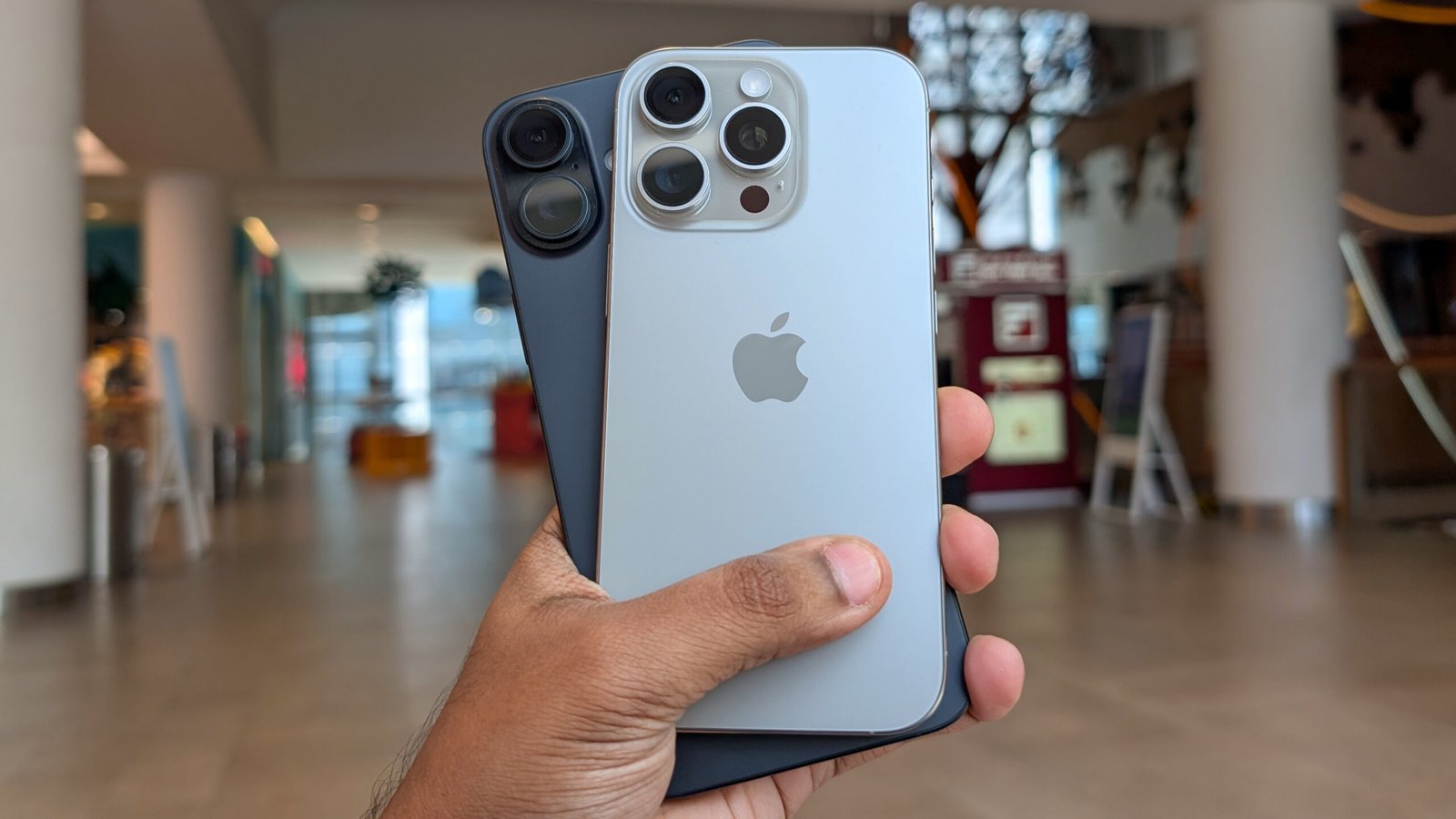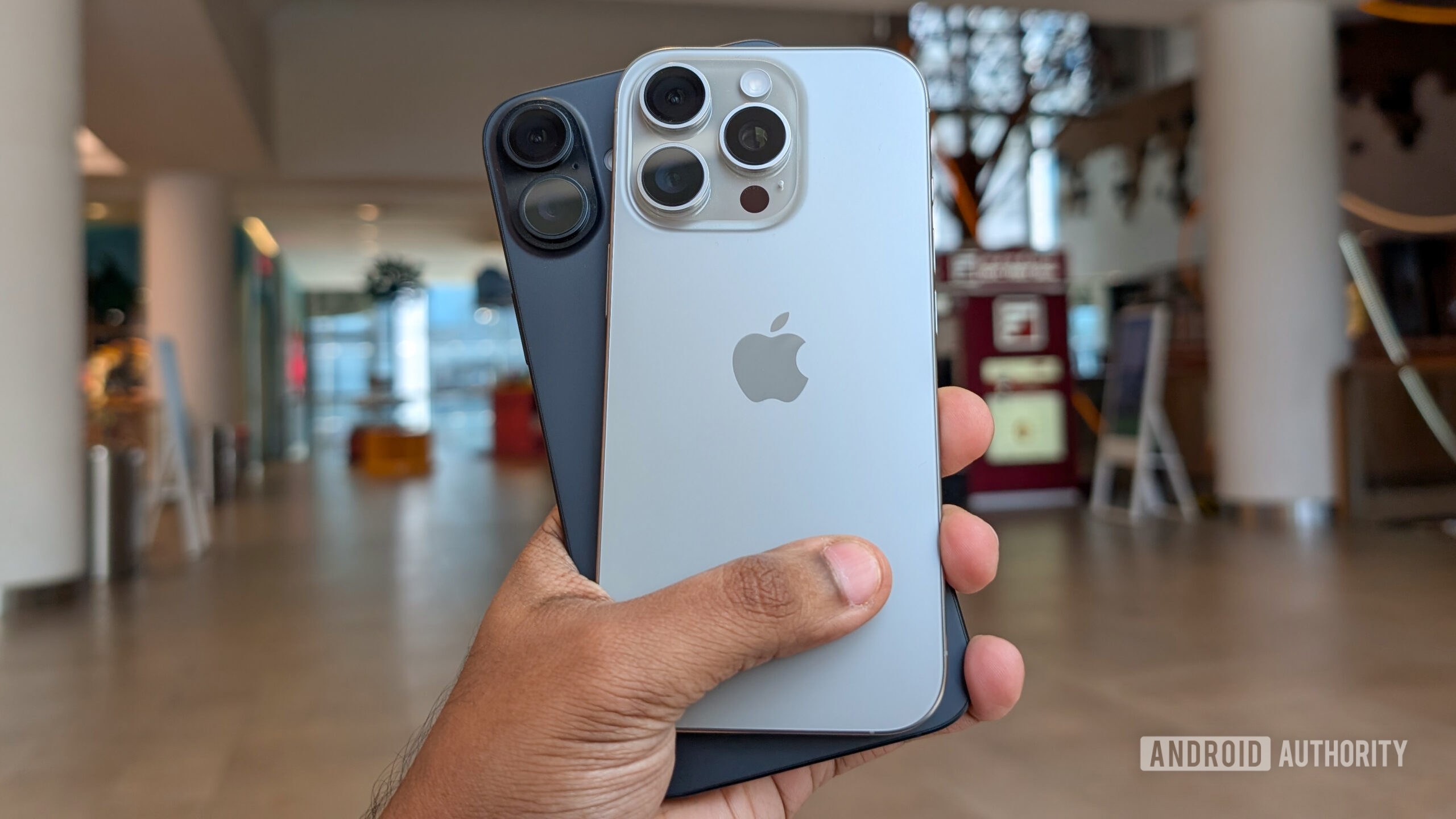
The iPhone 16’s hidden upgrade is its repairability
-
by Anoop Singh
- 11

Aamir Siddiqui / Android Authority
TL;DR
- Apple has significantly improved the repairability of the iPhone 16 series, making it easier to replace batteries, swap Face ID components, and configure parts.
- The company has also expanded support for third-party and used parts, potentially lowering repair costs and reducing e-waste.
Despite remaining tight-lipped about it during the iPhone 16 launch event, Apple has quietly implemented a series of substantial improvements to the repairability of its latest flagship devices. Reports from Engadget and Tom’s Guide have shed light on these under-the-radar changes that promise to make iPhone 16 repairs easier and more accessible than ever before.
One of the most significant upgrades involves battery replacement. The iPhone 16 and 16 Plus have done away with the frustratingly stubborn adhesive strips of previous models, opting instead for an innovative “ionic liquid” battery adhesive. This new adhesive releases effortlessly when a low-voltage electrical current is applied, making battery swaps quicker, safer, and less prone to damage.
Apple has also tackled the complexities of Face ID repairs. With the iPhone 16 series, the TrueDepth Camera, the core component of Face ID, can now be seamlessly swapped between units without compromising security or privacy. This marks a major departure from the past, where such repairs were solely handled by Apple itself. Additionally, the ability to configure the TrueDepth camera directly on the iPhone has been added to iPhone 12 and newer models, eliminating the need for an external Mac.
A newly introduced “Repair Assistant” further streamlines the repair process. It empowers customers and independent repair shops to configure both new and used Apple parts directly on the device, eliminating the previous need to contact Apple for parts pairing. On the software front, iOS 18 will let users run Apple diagnostics for repair on-device, enabling users to pinpoint faulty components without needing another device.
Better third-party parts support
In a move that is likely to be welcomed by both environmentally conscious consumers and right-to-repair advocates, Apple has significantly expanded its support for third-party and used Apple parts. Used parts can now be officially calibrated through Apple’s cloud-based servers and will be clearly identified as “used” in the device’s repair history.
Although third-party parts still cannot be officially calibrated, the iPhone 16 will attempt to activate and utilize them to their “full capability.” Future software updates will even enable True Tone functionality on third-party displays and provide battery health information for third-party batteries, which wasn’t possible until now.
Cumulatively, these changes represent a major stride forward for Apple in terms of repairability. The iPhone 16 series appears to be one of the most repair-friendly iPhone generations to date, and we can only hope that this becomes a trend across the industry.
Aamir Siddiqui / Android Authority TL;DR Apple has significantly improved the repairability of the iPhone 16 series, making it easier to replace batteries, swap Face ID components, and configure parts. The company has also expanded support for third-party and used parts, potentially lowering repair costs and reducing e-waste. Despite remaining tight-lipped about it during the…
Aamir Siddiqui / Android Authority TL;DR Apple has significantly improved the repairability of the iPhone 16 series, making it easier to replace batteries, swap Face ID components, and configure parts. The company has also expanded support for third-party and used parts, potentially lowering repair costs and reducing e-waste. Despite remaining tight-lipped about it during the…
